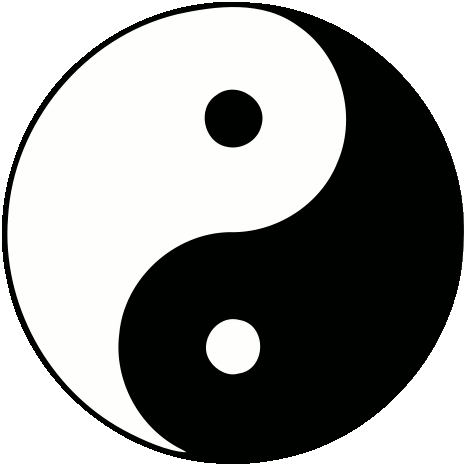If you would like to know more about the philosophies behind the Kung Fu taught at Dragon Phoenix, here are some great books to read. Amazon links go straight to the book, I just simplified them in text so that they weren't excessivly long. If any of these links become broken, please inform me. Also, you will see Tzu in many authors' names. This translates to "Old Wise Man" and was a title given to one who was deemed worthy of it.
The Tao of Pooh is a wonderful book and an easy read. It teaches about the philosophy of Taoism, which is about being in harmony with the natural way of things. The Tao of Pooh does this through the character of Winnie the Pooh and his simple ways of peacefully interacting with life.
This book can be purchased on Amazon at www.amazon.com or can be downloaded as a free PDF at http://www.yourskypeschool.com/book_yss_eng/the-tao-of-pooh-by-benjamin-hoff.pdf
The Te (pronounced "day") of Piglet is the follow-up book to the Tao of Pooh. Te is the Chinese word for Virtue. The Te of Piglet is about the virtue of the little person and how some great feats can only be accomplished by someone who may feel or appear very small.
This book can be purchased on Amazon at www.amazon.com or can be downloaded as a free PDF at ftp://132.206.243.248/WebStore/hoff_benjamin-te_of_piglet.pdf
The Tao Te Ching was written around the 6th centaury B.C. by the sage Lao-Tzu. It is considered to be the primary text that tries to explain the concept of Tao, something that by definition is nameless. It is written in 81 short chapters and while it doesn't take long to read, it is full of wisdom that will leave you pondering for days.
There are many translations out there, my favorite is by Jane English and can be found on Amazon at www.amazon.com. There are many free PDF translations available on the internet. Here is a link to a common one http://www.with.org/tao_te_ching_en.pdf and here is a link to an easier to understand "street" verson (it does contain some swearing to get its point across) http://www.beatrice.com/TAO.pdf
Chuang Tzu is composed of a large collection of anecdotes, allegories, parables, and fables, which are often humorous or irreverent in nature. Its main themes are of spontaneity in action and of freedom from the human world and its conventions. The fables and anecdotes in the text attempt to illustrate the falseness of human distinctions between good and bad, large and small, life and death, and human and nature.
My favorite translation is by Gia Fu Feng and can be found on Amazon at www.amazon.com or another version can be downloaded as a free PDF at http://terebess.hu/zen/mesterek/MertonChuangTzu.pdf
Written around the 5th centaury B.C., Lieh-Tzu is a book full of short stories and fables that illustrate great concepts and teach meaningful lessons through the philosophy of Taoism. It is much easier to read than the Tao Te Ching or Chuang Tzu through simple thinking and profound lessons. It can be found on Amazon at www.amazon.com.
The Art of War was written in the 6th centaury B.C. by Sun-Tzu, a high-ranking military general, strategist and tactician. The text is composed of 13 chapters, each of which is devoted to one aspect of warfare. It is commonly known to be the definitive work on military strategy and tactics of its time and is still highly respected by military strategists to this day. Another fitting title for this book could also be "The Art of Peace", as it deals much with winning battles by not having to fight. It can be found on Amazon at www.amazon.com or as a free PDF at https://www.ualberta.ca/~enoch/Readings/The_Art_Of_War.pdf

